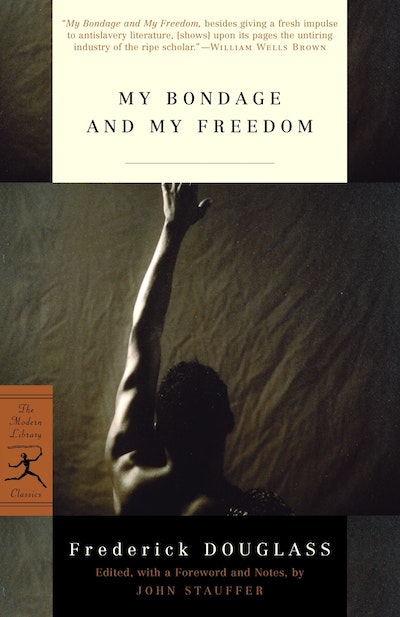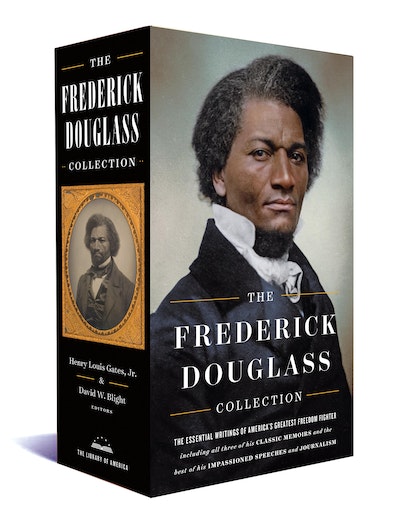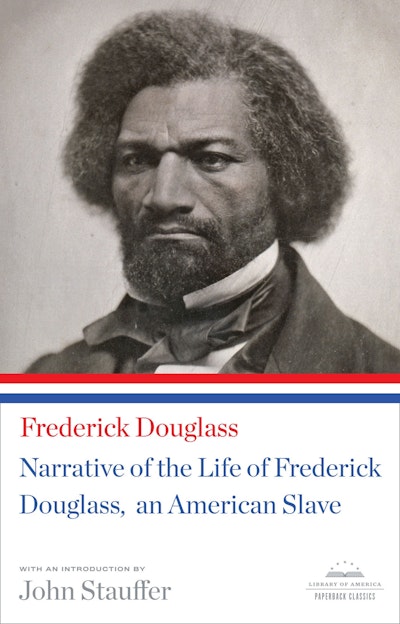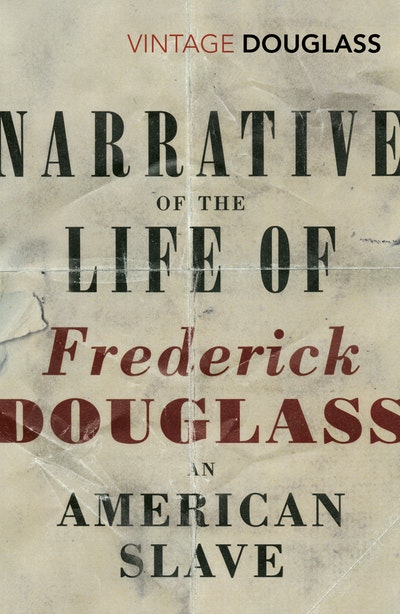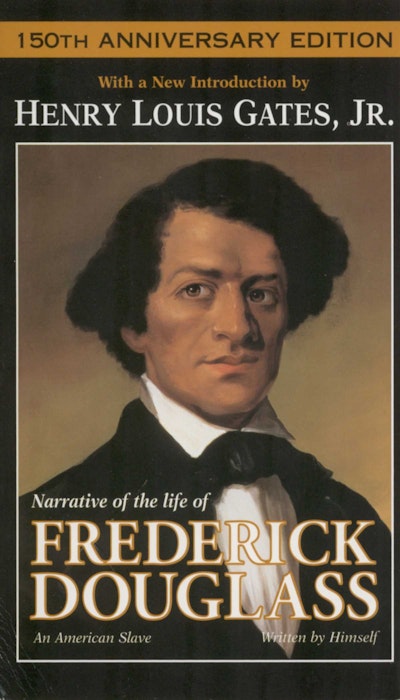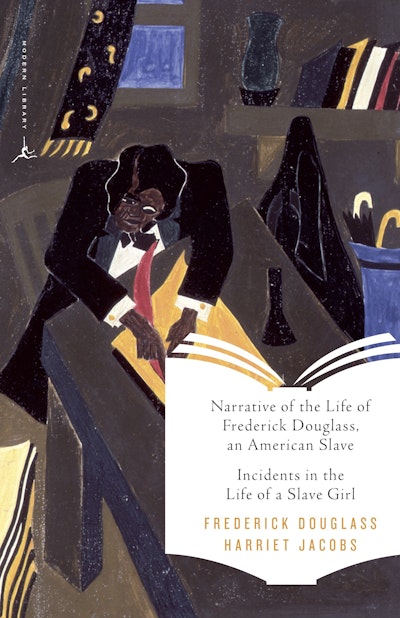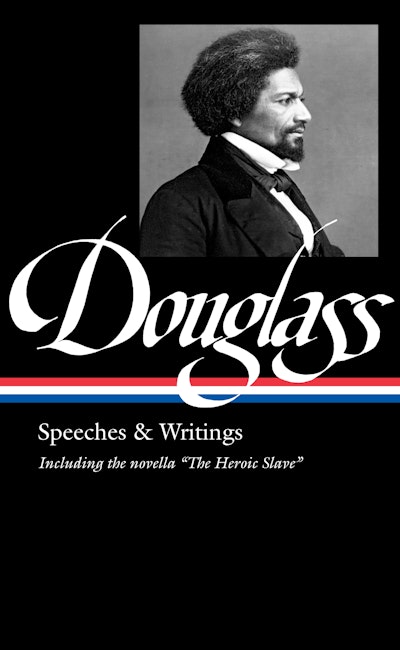“My Bondage and My Freedom,” writes John Stauffer in his Foreword, “[is] a deep meditation on the meaning of slavery, race, and freedom, and on the power of faith and literacy, as well as a portrait of an individual and a nation a few years before the Civil War.” As his narrative unfolds, Frederick Douglass—abolitionist, journalist, orator, and one of the most powerful voices to emerge from the American civil rights movement—transforms himself from slave to fugitive to reformer, leaving behind a legacy of social, intellectual, and political thought. Set from the text of the 1855 first edition, this Modern Library Paperback Classic includes Douglass’s original Appendix, composed of excerpts from the author’s speeches as well as a letter he wrote to his former master.
